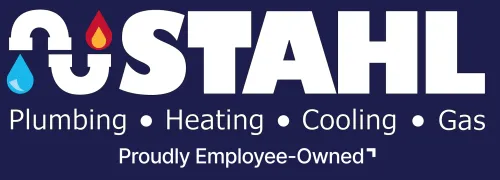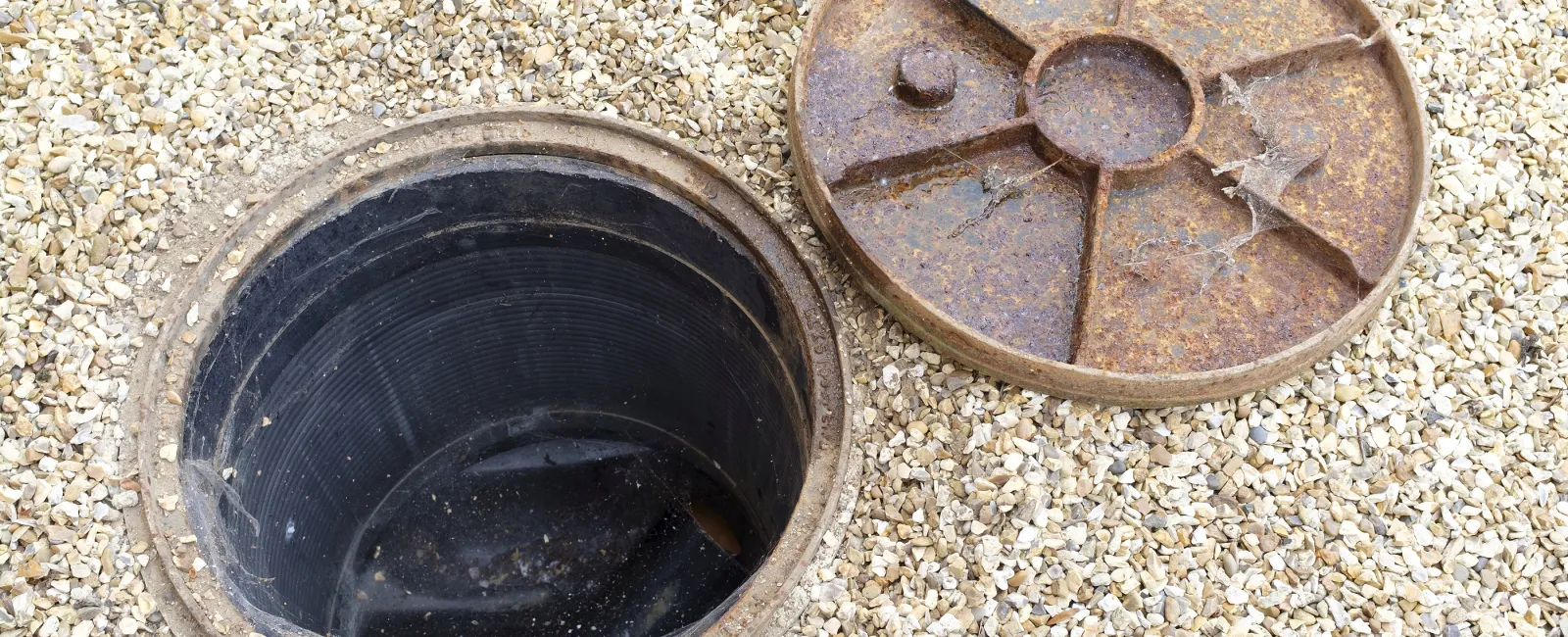You're going about your day, minding your own business, when you notice a strange smell from your toilet. At first, you brush it off as nothing, but then you see it. A disgusting, brown sludge oozes from the bowl onto your bathroom floor. You panic as you realize that you have a serious problem on your hands.
Sewer backups are more common than you
might think. They can happen to anyone, anywhere, and at any time. But fear not
- in this article, we'll explore the causes of sewer backups and discuss the
solutions available to help prevent and address them. So, let's dive in.
Understanding the Risks of Sewer Backup
Sewer backups are a common problem that can wreak havoc on your home's plumbing system and cause extensive damage if not addressed promptly. But what causes sewer backups?
Blockages in the sewer line are often the
culprits behind sewer backups. These blockages prevent water from flowing
freely, whether it's a grease buildup, food waste, or tree roots. Also, damaged
sewer lines caused by shifting soil or ground movement can lead to sewer
backups.
Now, let's talk about the signs of a sewer backup. Slow drains, gurgling sounds from your pipes, and foul odors indicate something is amiss. You may also notice that your toilet is backing up or that water is pooling in your bathtub or shower.
In addition to being a nuisance, sewer
backups can pose a serious health risk. Sewage contains harmful bacteria and
other pathogens that can cause illness and disease if improperly handled.
That's why calling in a professional plumber is crucial if
you suspect you're experiencing a sewer backup.
Say Goodbye to Stubborn Blockages
Sewer backups can be a frustrating and inconvenient problem, but there are several solutions to the issue. One of the most effective ways to address a sewer backup is by cleaning sewer lines.
Traditionally, sewer lines have been cleaned using cable machines or drills, which push and pull a cable through the sewer line to break up and remove blockages. However, in recent years, sewer jetters have become a popular and efficient alternative. A sewer jetter uses high-pressure water streams to clear away obstructions and clean the inside of sewer pipes.
One of the advantages of using a sewer jetter is that it can clean the inside of pipes more thoroughly than traditional methods. Additionally, different types of jetter nozzles can address specific blockage types, such as roots or grease. For example, a rotating nozzle can cut through roots, while a penetrating nozzle can break up clogs caused by grease or other debris.
Using a sewer jetter is not difficult but requires some knowledge and
training. Proper safety precautions must be taken, and the equipment must be
used correctly to avoid damage to pipes or injury to the operator. However, the
benefits of using a hydro jetter
include increased efficiency, less damage to pipes, and improved overall
pipe health.
Dealing With Sewer Backup Cleanup
When you notice that your sewer is backing up, it's vital to act fast to prevent further damage. The longer you wait, the worse the problem will become and the more difficult it will be to clean up. Therefore, it's important to have a plan of action in case of a sewer backup.
Safety precautions are also vital when dealing with sewer backups. Sewage contains harmful bacteria and other contaminants that can cause serious health problems. Therefore, wearing protective gear such as gloves, boots, and masks is essential to minimize the risk of exposure to these toxins.
Cleaning up after a sewer backup includes identifying the problem's source, shutting off the water supply, and removing any standing water. Once the water has been washed off, you should clean and disinfect all surfaces that have come into contact with the sewage. It's also important to dispose of any contaminated materials properly.
Troubleshooting Your Plumbing Problems
Finally, it's crucial to seek the help of a
professional when dealing with sewer backups. A professional plumber has the
knowledge and expertise to handle the situation safely and effectively. They
can identify the source of the issue and provide the necessary repairs to
prevent future backups.
In conclusion, a sewer backup is not something to take lightly. Addressing the issue as soon as possible is essential to avoid further damage to your property. While some solutions are simple enough to tackle on your own, others require the expertise of a plumbing professional.
Regardless of the approach, it's crucial to
act quickly and decisively to reduce the impact of the problem. If you're
unsure how to proceed or need professional assistance, contact
Stahl Plumbing today to get the help you need.

